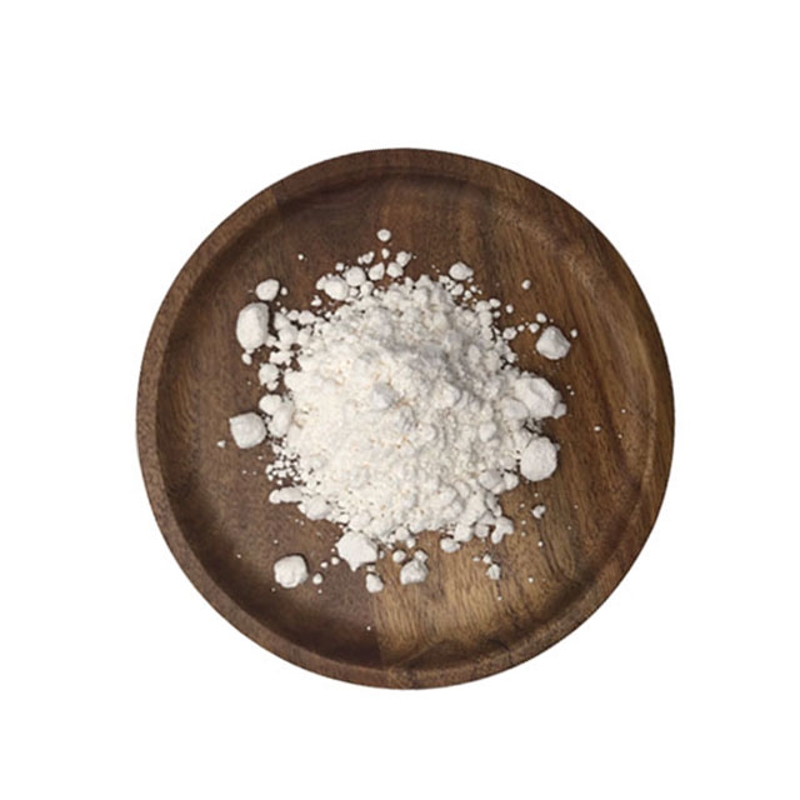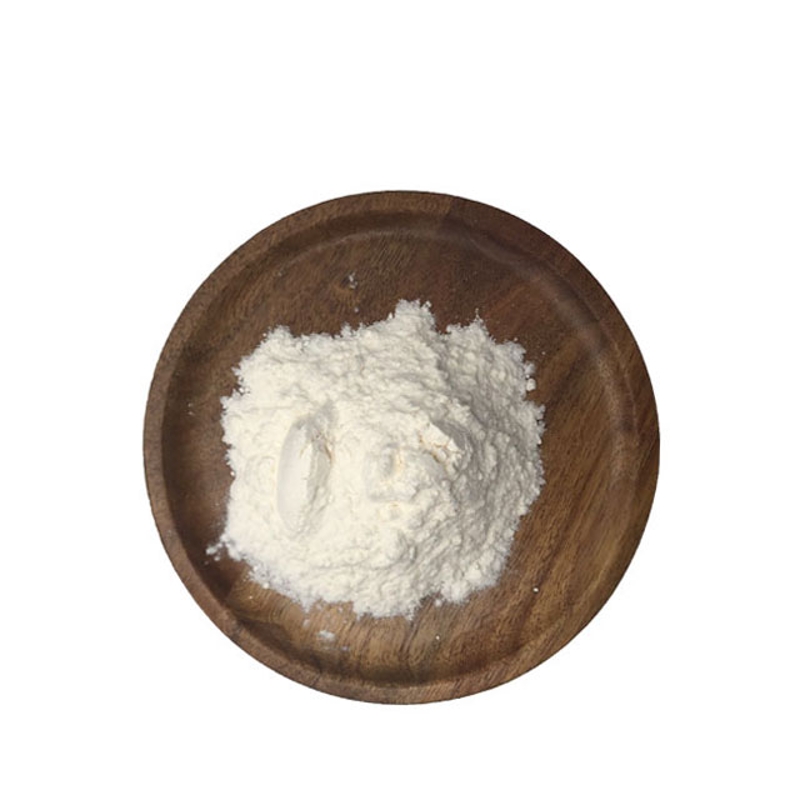Cancer cell: a new way to solve drug resistance of skin cancer cells
-
Last Update: 2020-02-14
-
Source: Internet
-
Author: User
Search more information of high quality chemicals, good prices and reliable suppliers, visit
www.echemi.com
February 14, 2020 / Biovalley BIOON / -- researchers found that melanoma cells change their internal skeleton (cytoskeleton) to fight against cancer drugs, which opened up a new way to fight skin cancer and other cancers with resistance to treatment The team, led by Queen Mary University of London, found that by increasing the activity of two cytoskeleton proteins, rock and myosin II, melanoma cells no longer respond to immunotherapies and drugs targeting tumor defective genes (B-Raf or N-ras mutations in the MAPK pathway) The team found that these molecules are key to cancer cell survival and resistance to treatment Source: Queen Mary University of London has previously found that these molecules are related to the process of metastasis and diffusion, but not to the adverse effects of current anti melanoma treatment This study points to a close relationship between metastasis and resistance to treatment, confirming that cytoskeleton plays an important role in determining the aggressiveness of cancer The results were recently published in the journal Cancer Cell Despite being at the forefront of personalized immunotherapy, the survival rate of malignant melanoma is very low This is largely due to the development of drug resistance About 16000 people are diagnosed with malignant melanoma every year in the UK, and more than 2300 people die Experiments in mice have shown that the treatment of drug-resistant (or unresponsive) tumors is actually addictive to growing myosin II The team found that blocking the rock myosin II pathway not only slowed down the growth of cancer cells, but also attacked defective immune cells (macrophages and regulatory T cells) that could not kill them This effect enhances antitumor immunity Victoria Sanz Moreno, Professor of cancer cell biology at Queen Mary College, the lead author of the study, said: "we are surprised to find that cancer cells use the same mechanism to escape two different drugs by changing their cytoskeleton In short, if you are a cancer cell, something that doesn't kill you will make you stronger However, their dependence on myosin II is a weak point The combined drug treatment experiments on mice show that we can combine the existing anti melanoma treatment with myosin II inhibitors in clinical practice "She said the study could have an impact on cancers with similar defective genes Jose L Orgaz, lead author of the study and a researcher at the Bayes Cancer Institute at Queen Mary University, said: "an important observation found that the activity level of myosin II increased in drug-resistant human melanoma, indicating that myosin II may become a biomarker of treatment failure There is also an increase in the number of defective immune cells (macrophages and regulatory T cells) in refractory melanoma, which may also lead to tumor unresponsiveness to drugs "We are happy to support this study," said Fiona Miller Smith, CEO of Barts charity, who funded the study Overcoming resistance to cancer treatment is an important area of research, and we are very proud that our investment has contributed to these important new discoveries that may benefit melanoma patients "Reference: v.sanz-moreno, j.l.orgaz, et al Myosin II reactivation and cytoskeletal remoting as a hallmark and a vulnerability in Mexico thermal resistance, cancer cell (2020) Doi: 10.1016/j.ccell.2019.12.003
This article is an English version of an article which is originally in the Chinese language on echemi.com and is provided for information purposes only.
This website makes no representation or warranty of any kind, either expressed or implied, as to the accuracy, completeness ownership or reliability of
the article or any translations thereof. If you have any concerns or complaints relating to the article, please send an email, providing a detailed
description of the concern or complaint, to
service@echemi.com. A staff member will contact you within 5 working days. Once verified, infringing content
will be removed immediately.







